“One of the greatest diseases is to be nobody to anybody.” – Mother Teresa
In the last two weeks we have taken children and young people from inner city communities to a beach in Portland, a waterfall in St. Elizabeth, and a botanical gardens with a river in St. Mary. These are some of the most beautiful places in Jamaica, and for all but a few of the children it was their first visit to each place. They just loved getting out of their normal environment!
However there were many, many incidents where our leaders had to intervene and remind the children about the values we keep at all our events. Sadly, most of these children are so used to being treated like “nobody to anybody” that they respond negatively to each other without even thinking about it, and it takes a lot of reminding to learn new patterns of behaviour.
One minor incident like this was on the sports club trip, but the response from the child showed how entrenched certain attitudes can be. For one of the activities we had used a foam hammer, and afterwards it was in the corner of the gazebo while the children were getting their juice and snacks. The leaders had asked the boys not to play with it because the temptation to hit each other was hard to resist, but in spite of that one of the boys grabbed it and proceeded to smack other children with it! Another older boy decided to enforce what the leaders had said, so went across to him, lifting up his fist and yelling; “Ay likkle bwoy, put it down if yuh nuh wan mi lik yuh down!” (For those who don’t speak Patios: “Hey little boy, put it down unless you want me to hit you down!”)
A leader simply called his name, and asked him to repeat our first value: “people matter, so respect everyone”. The boy looked up smiled, and said; “Sorry Sir! Is tru ‘im only understand Patois.” (Sorry Sir. It’s because he only understands Patois.)
The incident was quickly resolved because the children know the values well enough now that it only takes a simple but firm reminder, but the unspoken assumption behind the boy’s statement betrays the bigger issue that was expressed through all such incidents on the trips. The assumption was that Patois, the language of the people in Jamaica, is a language that communicates through, and is inseparable from, aggression, violence and disrespect. I strongly disagree with that assumption, and was pleased to see our leaders use the incident as an opportunity to correct both boys … lovingly … using Patois.
The problem is not patois, but the normality of being “nobody to anybody”, which produces a lack of respect for oneself, and others. The trips have taken children to beautiful places, provided them with food, fun through respectful interaction, and lots, and lots laughter. These simple things communicate, in a way that goes beyond any words, that these children are valuable … and that is the most important thing for them to hear.
“As the Father has loved me, so I have loved you; abide in my love.” John 15:9

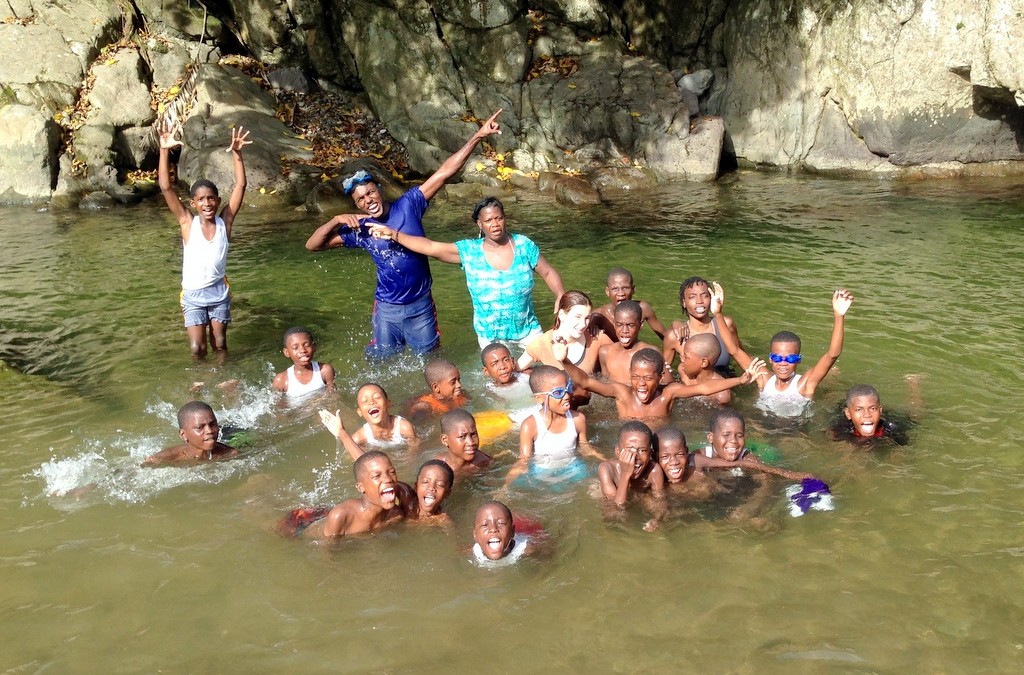
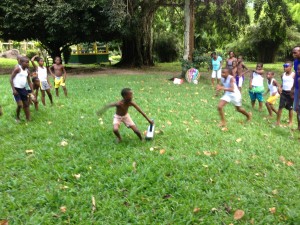
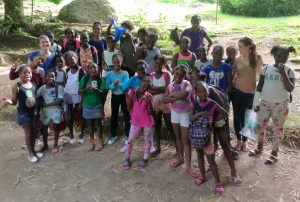
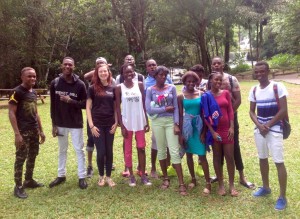
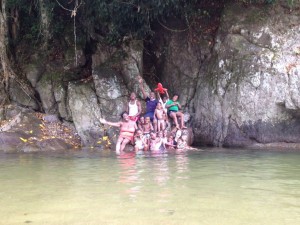
Recent Comments